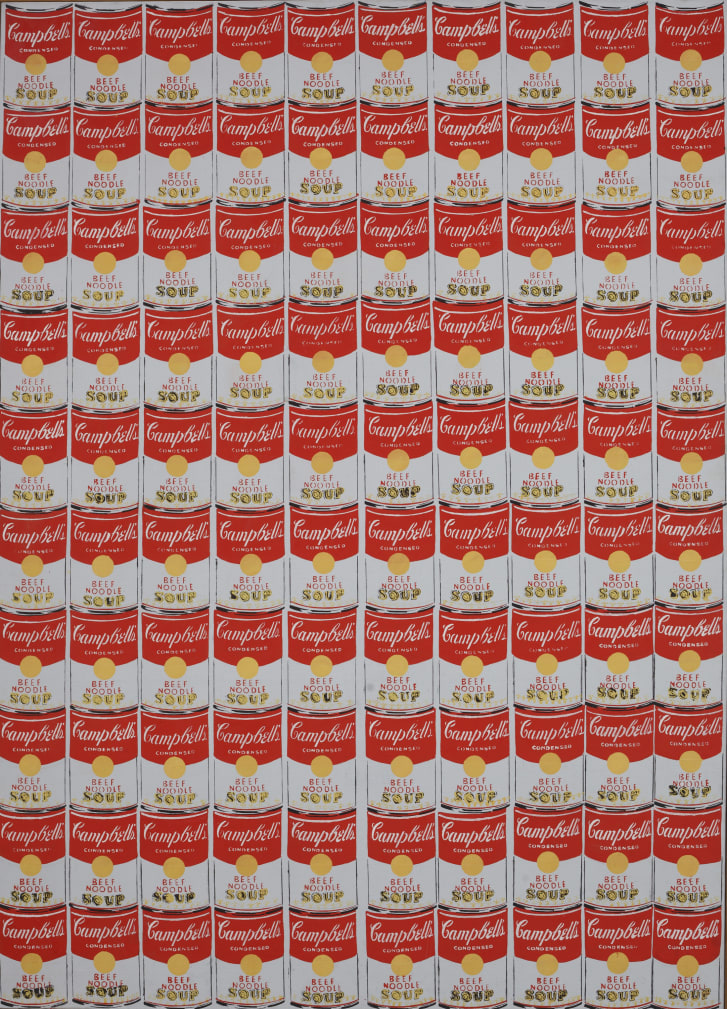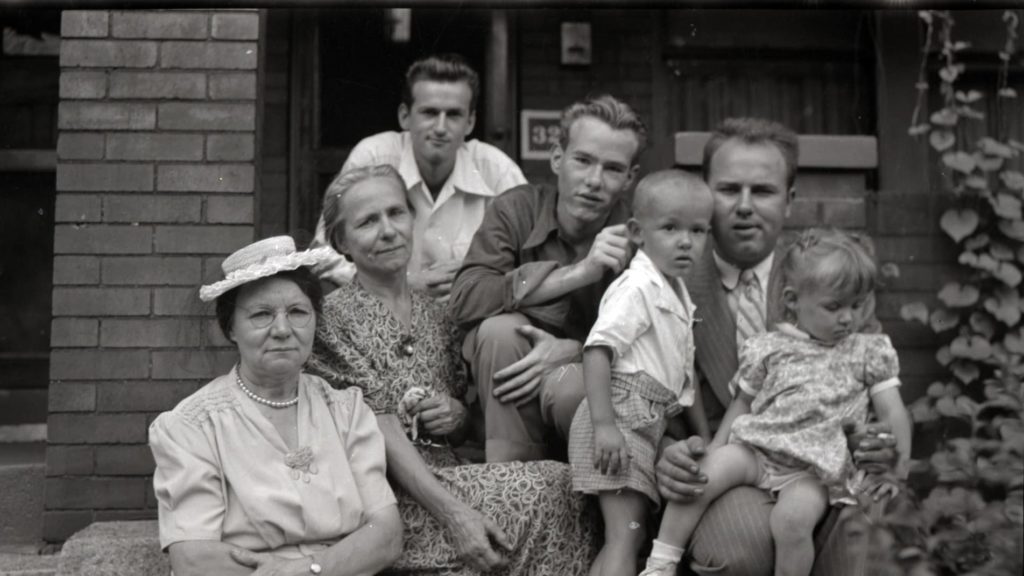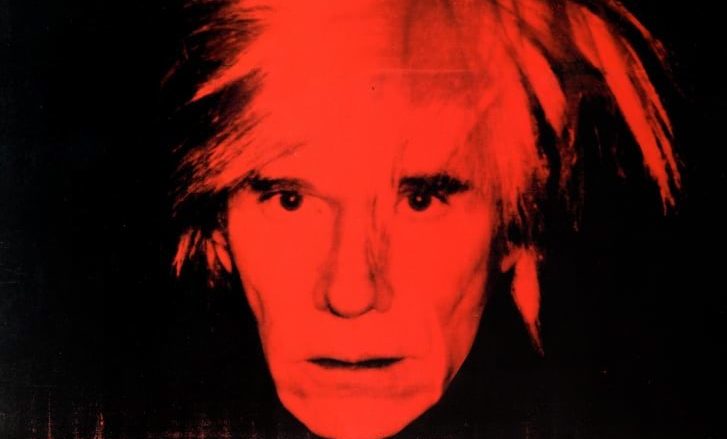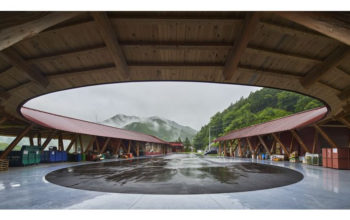By Ananda Pellerin for CNN
From Marilyn Monroe to Muhammad Ali, Andy Warhol’s portraits of the rich and famous are some of the most recognizable works of 20th-century American art.
Seen as a leader of the Pop Art movement, Warhol was also notorious for mingling with celebrities. Salvador Dalí, Bob Dylan, Grace Jones and David Bowie were associated with him and his famous Factory, the silver-lined studio where creative types of all genders and sexualities partied.
But beyond the downtown glamour, Warhol’s working-class beginnings had a profound influence on his art and outlook, a fact that is explored in a newly reopened exhibition, “Andy Warhol,” at Tate Modern in London.
Warhol’s success as an artist is often attributed to his ability to bring advertising motifs — soda pop bottles, Brillo boxes, celebrity faces — into the gallery world. And on display are some of his most famous works featuring consumer products, including the paintings “Green Coca-Cola Bottles” and “100 Campbell’s Soup Cans,” both made in 1962.

But, as with many ads designed to elicit desire, there was more to the story of why Warhol chose to depict seemingly trite subject matter. This exhibition sheds new light on how a childhood spent in poverty shaped his perception of the increasingly media-saturated world around him — convincingly showing that a revamping of the towering artist’s legacy is well overdue.

“This is a guy whose form of soup growing up was salt and pepper with a bit of ketchup. I don’t think he grew up with the luxury of Campbell’s soup,” said the show’s co-curator Gregor Muir over the phone. “I began to realize how much of the Warhol story is an immigrant story.” Read more from CNN.
Follow “News Without Politics” to get updated information on Andy Warhol and other Fine Arts stories.




